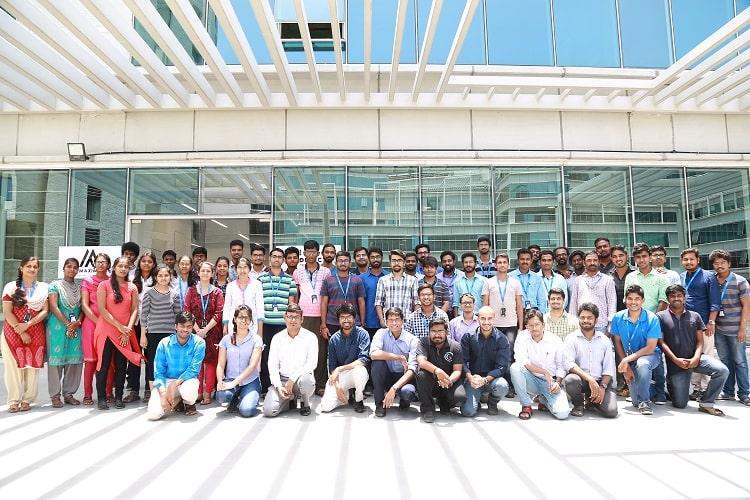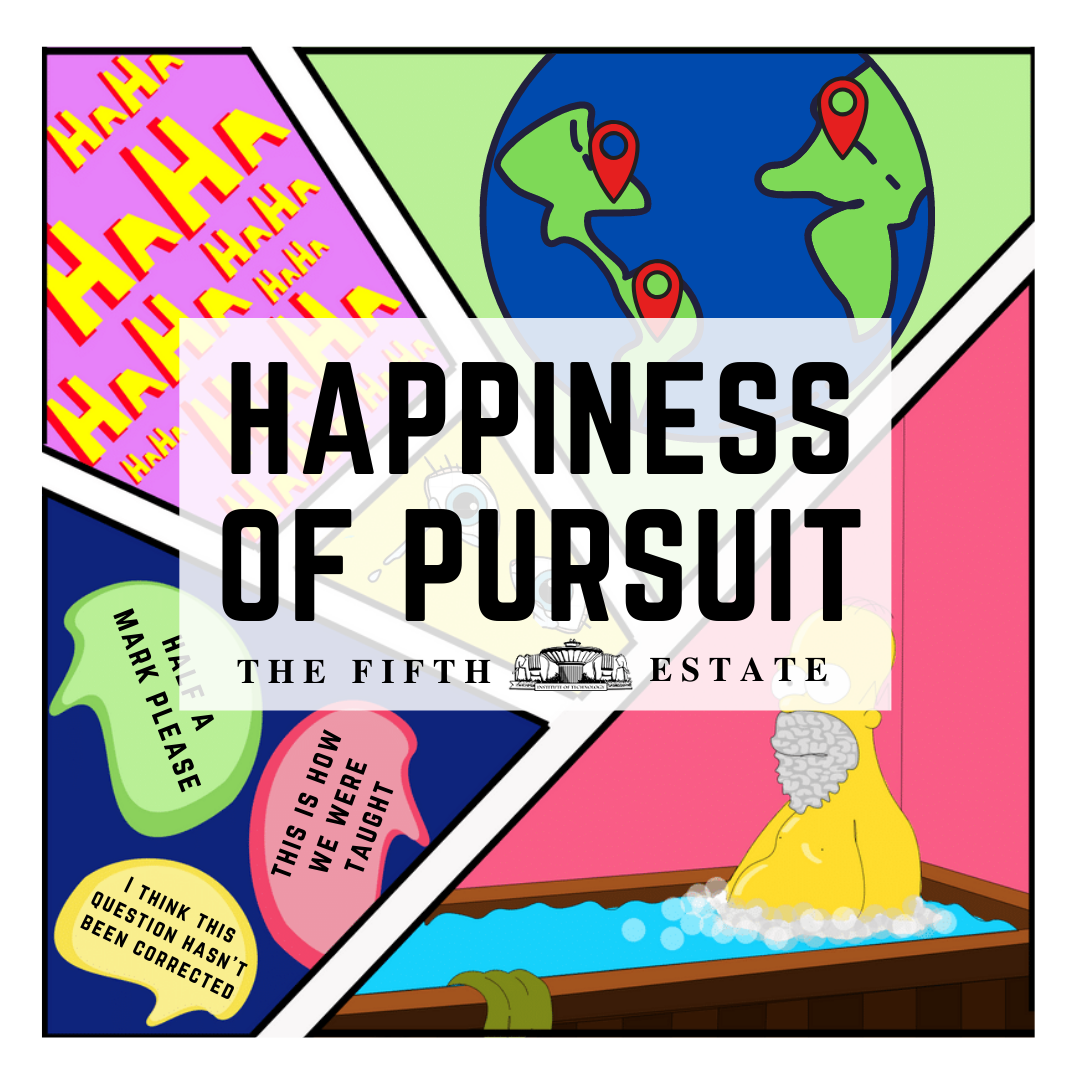For a competition so entirely steeped in innovation, collaboration and education, the words ‘International Genetically Engineered Machine’ doesn’t quite portray the reality of things – the only machines at work here are the small, yet incredibly complex bundles of life growing on a Petri plate (and very occasionally, our brains)! The iGEM competition is centred on the field of synthetic biology (more on that later) and began in 2003 as a month-long course at the Massachusetts Institute of Technology. It eventually expanded over the years, with around 450 teams taking part in the 2019 edition. IIT-Madras has a long history with iGEM as well, having taken part in more than 10 editions since 2008.
However, you’d be mistaken to think that the only prerequisite for this competition is a thorough understanding of biology – in fact, you’d be fine not knowing any biology at all!
There are multiple components that go into a project besides the technical know-how: many projects involve a software/modelling component, and another important aspect of the project involves its integration into existing technologies while carefully considering the involved stakeholders and the impact it would make on them.
What exactly is synthetic biology, and why is it so relevant to us now? There isn’t a single, universally agreed-upon definition, and one such description of synthetic biology is ‘designing and constructing biological modules, biological systems, and biological machines, or the re-design of existing biological systems for useful purposes’. It is essentially designing and tweaking biological systems (such as bacteria) to possess specialised characteristics, which is obviously something that has a wide range of applications in various industries. Considering the future of this field, it’s quite safe to say that we may currently be on the cusp of a synthetic biology revolution. The book Synthetic Biology: A Primer also gives a more detailed look into synthetic biology as an emerging field, and iGEM itself.
Though iGEM started off as a competition exclusive to undergraduates, it eventually expanded to include postgraduates and high school students. It gives you the ticket into the world of synthetic biology. With room to come up with projects in over 10 tracks, one gets to learn how genetic engineering can aid various fields from diagnostics, therapeutics, manufacturing to even energy and environment. There is also scope for the teams to be highly interdisciplinary. Don’t fancy yourselves working with agar, bacteria and gels? No worries, the services of your laptop are equally appreciated.
iGEM encourages teams to connect with the stakeholders of their projects and incorporate their views into the framework of the project. Through this one gets to interact with different communities and this often adds new dimensions to the problem one set out to solve. The teams also conduct several public engagement activities in schools and colleges to spread the word about synthetic biology. The wide-eyed looks of disbelief that school students give followed by exasperated questions about Spiderman and other superheroes they think are also associated with synthetic biology rekindles our curiosity and it is really an inspiring experience. The collaborations between different iGEM teams across the world promotes networking and cross-cultural connections.

If you’re still on the fence about how exciting this competition is, it also includes a free trip** to Boston!
The Giant Jamboree that happens in Boston is the biggest congregation of synthetic biology enthusiasts world-wide. It is the culmination of a year’s worth of hard work. In early November, around 300 teams come together to present their work and receive feedback on the projects that they’ve worked on all year long.
The atmosphere is electric. The city is beautifully decorated in red, golden and brown hues – colours that mark fall. In just 4 days, one is given a window into many of the latest advances in the field. The spectrum of ideas one is exposed to at the Giant Jamboree is simply breathtaking. From bacterial mini-pharmacies that can be used to produce drugs in space to bacterial circuits that ‘record’ and ‘play’ smells and biosensors in bubblegum that can help track the ovulation cycle, this platform showcases the funkiest ideas that come into existence when passionate students come together. The experience is very inspiring, more so when one looks at the creativity and achievements of high school students at the Jamboree.

Members representing the team at Boston, 2019
IIT Madras has participated in 10 editions of iGEM since 2008 and received many accolades at the international stage including, four gold medals, five silver medals, the Best Foundational Advance project and Best New BioBrick Part or Device, Engineered in 2008, A Safety Commendation, Asia in 2011, Best New BioBrick Part, Natural, Asia in 2011, Best Human Practices Advance, Asia in 2013 and a nomination for Best Education and Public Engagement in 2019.
iGEM stands as one of the main proponents of undergraduate research in biology where students come up with projects ranging from the simple yet effective to the incredibly complex. One also gets an insight into the world of research in the laboratory through the course of one’s project, as we learn to tackle the blocks that show up during experimentation. The takeaways are not limited to developing leadership, design and communication skills but also learning to pitch one’s work for sponsorship. Last, but not least, by working closely for around a year one makes memories and friends for life.
**Terms and conditions apply.
In case of any further queries regarding iGEM IIT Madras, contact [email protected]. If you’re interested in the team, drop a line to the above email id.



